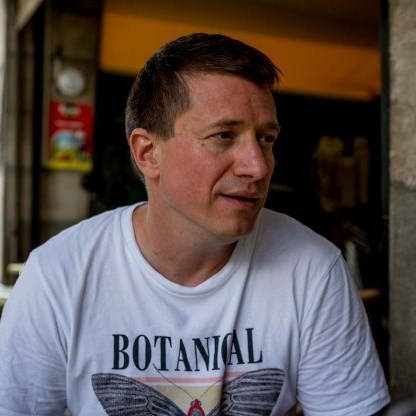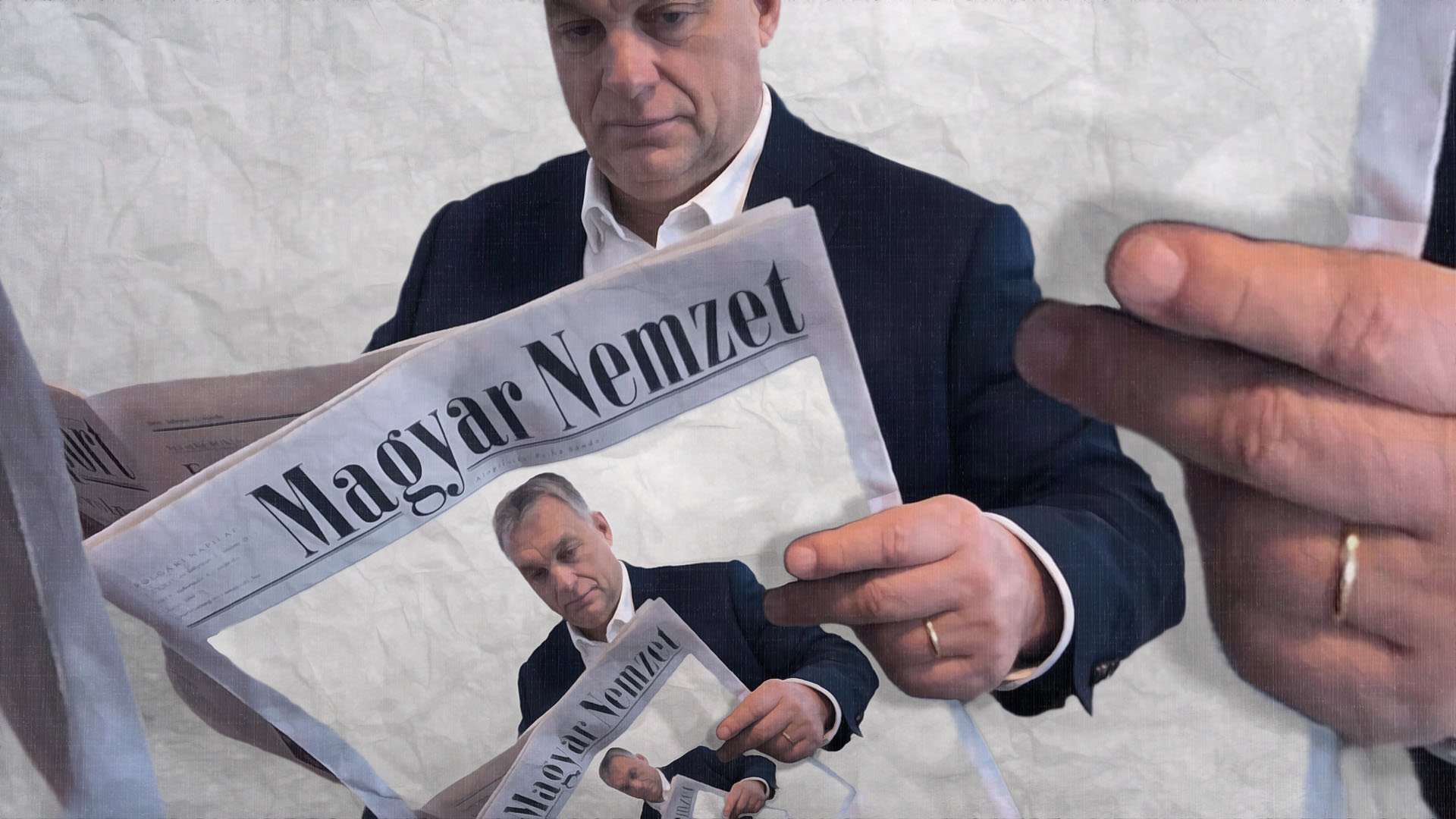The right-wing authoritarian government of Hungary decided to give away billions of Euros in public funds to private foundations controlled by a small political-economic elite. Thereby effectively forming a shadow government that can continue to rule the country, regardless of the results of the parliamentary elections.
The Deep State is a secret and unauthorised network of power; a shadow government beyond elected officials, in pursuit of its own agenda. The operation of the Deep State is documented in several developing countries, including Turkey, where the term originates. The unholy alliance of organised criminals, politicians, secret services, and business elites undermined the legitimacy of Turkish democracy and contributed to its decay.
Deep State is a controversial term in the context of US politics. The claim that a secret deep structure of state institutions, secret services, and economic-political elites can overwrite the decisions of elected officials fed wild conspiracy theories. These were used by alt right groups, and Trump himself, to promote their own agenda to demolish the rule of law. The latest example was presented by the unfounded allegations of so-called election fraud in November 2020.
One of the key features of Deep States, whether they are real or imaginary, is that they operate in secrecy. But the new shadow government, named as Deep State by the journalist András Bódis on valaszonline.hu, was created in broad daylight, with cynical plainness.
With its two-thirds parliamentary majority, Orban’s ruling party pushed through legislation that gave away thousands of billions of forints into the hands of newly-created foundations. These foundations are ruled by politicians and businessmen who are closely associated to the ruling Fidesz party and Mr Orban personally. They will rule, among other things, 70% of the current public universities, effectively controlling higher education (read my earlier report on the so called “privatisation” of Hungarian universities).
Traditional autocracies first neutralise checks and balances, occupy the institutional framework of the state, and re-structure and centralise it. They enable the state to dominate all spheres of public and private life. Whether it is a party-state or a fascist corporatist state, the control is practiced through the centralised bureaucratic machinery of the state. Schools, universities, the press, and any public institutions or businesses, are directly controlled by the government.
And for several years Orban’s regime followed this model.
But the COVID crisis led Orban to rethink the role of the state in his plans. And what follows is more than just the acceleration of the erosion of democracy. It is a new phase that brings a new quality of oppression. Something which the world has not seen before. State oppression, that is, autocracy, is being outsourced to private foundations.
The reason why Orban’s government decided to outsource money and power into these foundations is partly because they are afraid that they may lose the next elections in 2022. But that is not a sufficient reason. Even with the current configuration, Fidesz strongmen are sitting in all important state positions – including law enforcement and the judiciary system – and a new government would not be able to remove them.
Another reason is that this reconfigured, redesigned hybrid system 2.0 can optimise the exploitation (i.e. systemic theft) of public funds. The ruling elite achieved proficiency in this theft in the previous decade, including the transformation of EU development funds into the private fortunes of a few oligarchs, close associates, and relatives of Mr Orban. Mr Orban himself is always seeking new opportunities to further the concentration of money and power in the hands of this new aristocracy.
The outsourcing of money and power alienates the formerly public institutions from the elected government and provides a platform for pro-Fidesz companies to process and launder their ill-gotten gains. What is more, they can do it without the need to abide by basic accountability and transparency rules.
The public – or the government elected by the public – has absolutely no oversight or democratic control over these organisations. This was facilitated by a constitutional amendment last year, which narrowed down the definition of public funds to only include direct income and expenditure of the state – excluding outsourced public funds.
With a media landscape dominated by pro-government outlets, with municipalities losing their autonomy, with civil society scapegoated and intimidated, and with a fragmented, weak opposition, Orban did not anticipate significant political resistance. And the COVID crisis further played into his hands by enabling him to restrict the freedom of assembly.
The timing of the recent parliamentary decision was smart: it followed the announcement of the opening of cafés by only a few days. While people were relaxing on the newly opened terraces of pubs and restaurants, they paid much less attention to the news. But it is still illegal to organise mass demonstrations. In another move that served to numb society, the government announced that it will increase the state pension.
The final demolition of the rule of law and democracy in Hungary is a scary development for every other democratic country in the West. But there is another, equally scary development: the growing influence of foreign autocracies, especially Russia and China, on Hungarian politics. A new Budapest-Belgrade railway, being built by Chinese investors, is the most expensive – and least transparent – infrastructure project in Hungarian history (read our earlier report here!).
A few years after the prestigious Central European University, founded by George Soros, was chased away from Hungary, the government announced that it will build a huge new campus for the Chinese Fudan University in Budapest. The government will contract the China State Construction Engineering Corporation (CSCEC), a company that has been suspected of corruption and espionage in many parts of the world in recent years. The construction, costing an estimated 1.5 billion USD, will be mostly financed through a Chinese loan.
It is obvious the emerging new Hungarian Deep State is closely connected to the autocratic regimes in Russia and China, who have got their foot in the door of EU politics through their Hungarian allies. The Hungarian government regularly vetoes EU resolutions that condemn the human rights violations of these regimes, and it is rightly feared that a failed democracy in the heart of Europe will effectively undermine the European project in many other areas. Friends of Europe and democracy: buckle up!

Péter Sárosi
Executive Director of the Rights Reporter Foundation.
He is a historian, a human rights activist and drug policy expert, the founder and editor of the Drugreporter website since 2004, a documentary film maker and blogger. He has been working for the Hungarian Civil Liberties Union (HCLU) for more than 10 years. Now he leads the Rights Reporter Foundation.

